Agricultural Landlord & Tenant Code of Practice for England
In May 2023 Baroness Kate Rock presented the Rock Review, setting out a range of proposals and recommendations aiming to create a resilient and viable agricultural tenant sector. A key recommendation was the preparation of a Code of Practice, which has recently been published and is designed to foster and encourage clarity, communication, and collaboration in the tenanted sector.
The Code provides guidance on the standards of behaviour expected from landlords and tenants as well as those providing professional advice in connection with agricultural tenancy matters. The hope is that it will establish and maintain positive, productive, and sustainable commercial relationships, achieved through dialogue and a sense of fairness and proportionality.
There are three key principles:
- Clarity: as to the definition of intentions, expectations and the definition of problems if they do arise;
- Communication: which should be clear and timely, considered, and tailored to the needs and situation of the recipient;
- Collaboration: the code of practice encourages a collaborative and cooperative approach. This is based on the belief that landlords and tenants can achieve much more when they work together in a positive spirit of common endeavour.
A copy of the Code of Practice can be found below:
Lambert & Foster’s Rural Professional team act for Landlords and Tenants on a wide range of agricultural tenancy matters, under both the Agricultural Holdings Act and the Agricultural Tenancies Act, including:
- Marketing land and equipped farms to let
- Assisting prospective tenants with making tender applications
- Negotiating tenancy terms and drafting Farm Business Tenancies
- Interpreting tenancy agreements and advising on an appropriate strategy
- Negotiating terms to allow Tenant’s to diversify
- Serving notice, to include notices to quit, rent reviews, notices to remedy
- Acting for either party on rent reviews
- Negotiating access for Landlords
- Negotiating compensation for Tenants
- End of tenancy negotiations – dilapidations/Tenant’s improvements
- Formalising unwritten agreements
- Preparing schedules of condition
Lambert & Foster welcome the introduction of the Code of Practice. As a firm that puts great weight in professional qualifications and acting in a professional, reasonable, fair and transparent manner, no matter the situation, we will make sure the three key principles remain at the forefront of our minds when acting for either party.










